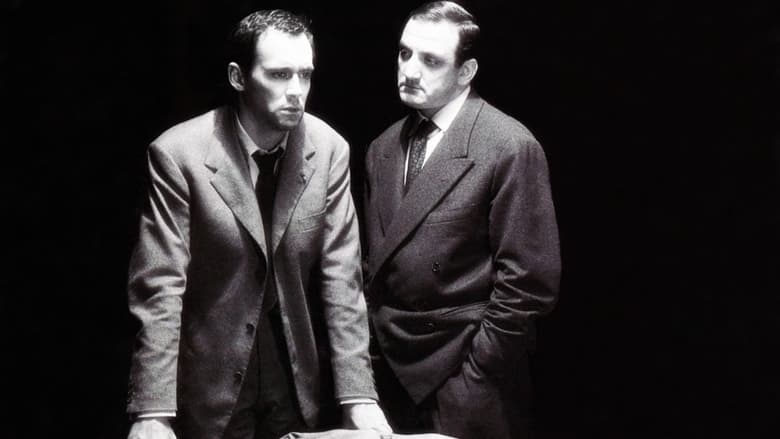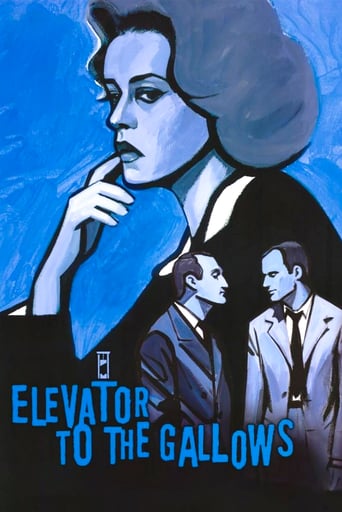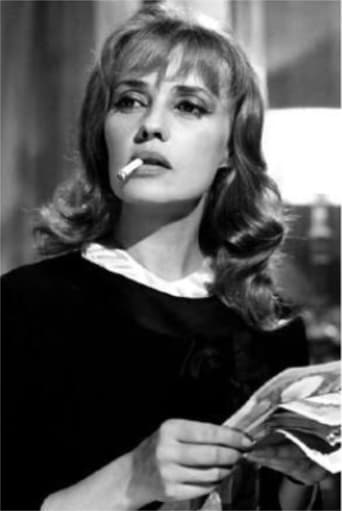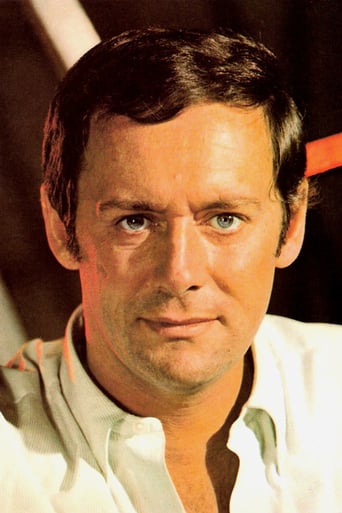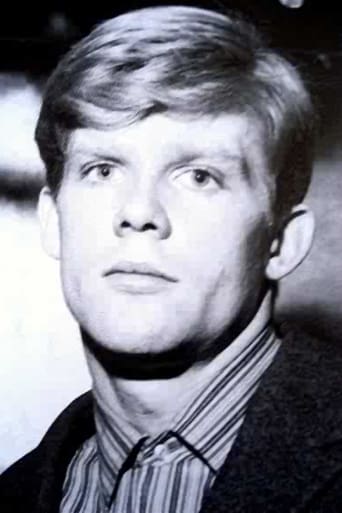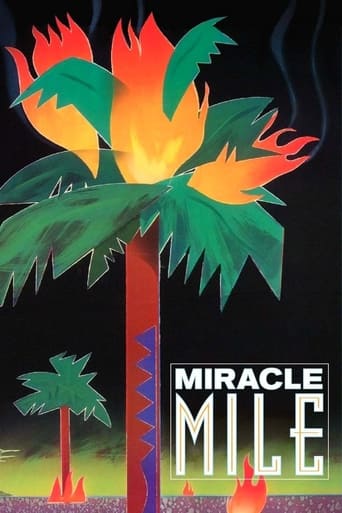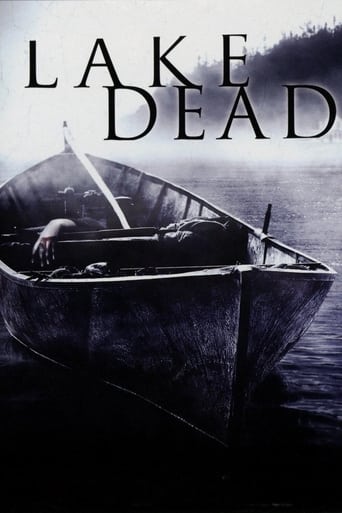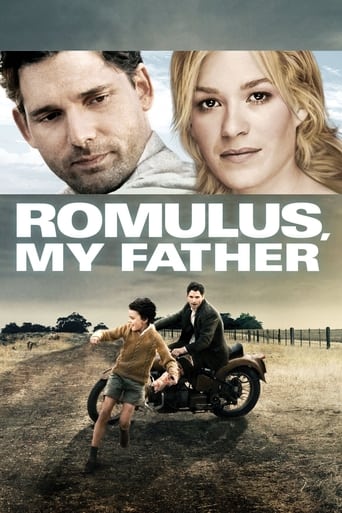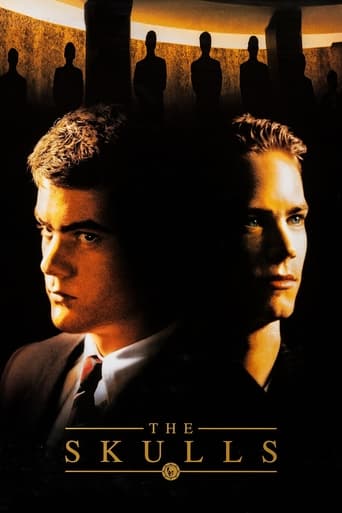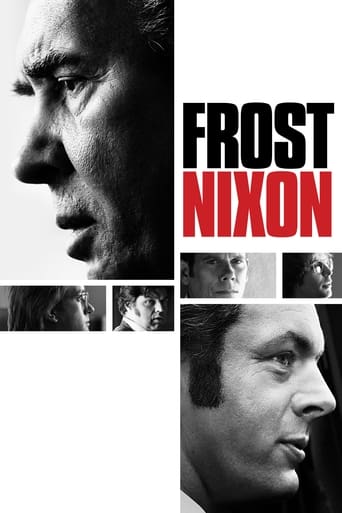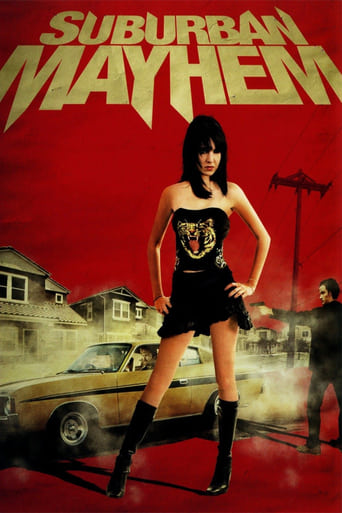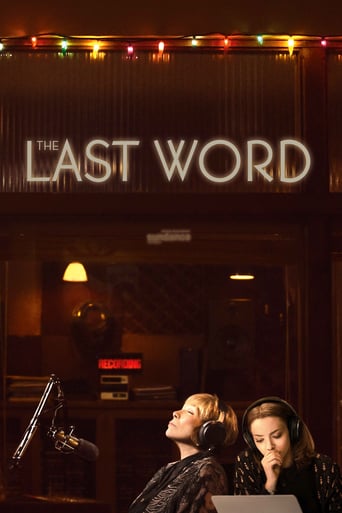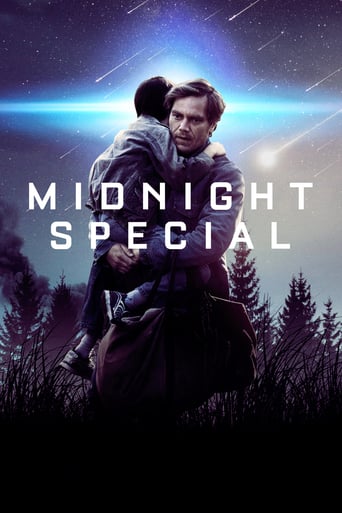Elevator to the Gallows (1958)
A self-assured businessman murders his employer, the husband of his mistress, which unintentionally provokes an ill-fated chain of events.
Watch Trailer
Free Trial Channels
Cast


Similar titles
Reviews
Too much of everything
Dreadfully Boring
This is a small, humorous movie in some ways, but it has a huge heart. What a nice experience.
It's a good bad... and worth a popcorn matinée. While it's easy to lament what could have been...
Louis Malle is telling a simple story: when committing a crime like murder don't make easy mistakes since this will give space to unforeseeable events and justice will prevail. Some parts of the story may seem a bit overdone in order to demonstrate the unpredictability of other actors involved but on the other hand the movie hardly ever loses its style and it's this style that excels. When beautiful Jeanne Moreau, in her despair of supposed betrayed love, is walking alone the nightly streets of Paris accompanied by the fine jazz tunes of Miles Davis then it feels like contemplating a valuable piece of art.It is also true that the side story of the young couple borrowing the car of Mr. Tavernier is a bit awkward and not too persuasive but on the other hand the play of young flower-girl Veronique is really impressive. What an outgoing and enthusiastic but weak and shy character at the same time. I am sure even today's teenagers could relate to her.Moreover, the movie is not simply a crime story but also has its social and political statements. The victim of the planned murder (next to an unplanned murder) is an unscrupulous arms-dealer who has his connections into the highest political ranks. This does not provide a favorable picture of a post war France, which is even worsened by the submissive and hypocritical behavior that great parts of society show towards this influential man. Only drunkard Mr. Subervie is naming him the right way and by doing so he even stresses the hypocrisy surrounding him.Last but not least Lino Ventura gives a cool and pragmatic detective, a role he should become famous for in his career. The police questioning scene in the dark with the two detectives interrogating Maurice Ronnet for a crime he has not committed is another highlight of the movie.
To think that this was Louis Malle's *first* fictional film! A real showcase for French cinema icon Jeanne Moreau (this was right before The 400 Blows, La Notte, and Jules et Jim) as the wife of a war profiteer (with a company that manufactures product for war) in love with his employee, Julien (Maurice Ronet). Julien and Moreau's Florence have plotted supposedly the perfect murder, a sure-fire suicide setup that appears fool-proof...but is it ever? Leaving the rope and hook that helped Julien get to the floor with the boss' office, he returns to retrieve it but is trapped in the elevator when a fellow employee cuts off the power before locking the gate to the building. Florence believes he has instead left her for another woman, a teenage flower shop girl, seen in the passenger seat of his car (stolen by her hoodlum boyfriend in a leather jacket) as it passes. The rest of the night, Florence spends walking the streets of Paris (luridly and excitingly photographed by Henri Decae (he'd go on to photograph the masterpiece, Le Samourai for Jean-Pierre Melville)) while searching for Julien, running into his drunk war friend instead. Moreau's vulnerable performance, all that angst and rejection, the turmoil and devotion, is masterfully presented warts and all. She's magnificent. And, despite the reports that Malle had her with no makeup much to the dismay of his crew, she's so beautiful and elegant, Moreau is never "ugly" or at all less than stunning. Yet she's emotionally exposed and there's even a scene or two where she's so caught up in her own headspace, her Florence walks into traffic, yet not a single car even glosses a breeze upon her. Meanwhile the flower shop girl and her crook boyfriend get all hot at a German couple in a Mercedes zooming past them while in Julien's stolen car, soon meeting them for champagne and conversation at a Parisian motel. When the stupid kid goes to steal the German's car, he knew ahead of time, calling him on it, with the result being a haphazard dual murder, with the teenagers fleeing the crime scene. The German couple dead, with the hood taking Julien's name, he's framed for their murders, yet the whole night he was trapped in the elevator! The elevator situation involved Julien trying to find a way out, nearly being killed while hanging outside it when a security guard momentarily turned on the power!A camera found in Julien's car, by the flower shop girl as she takes a few pictures of the Germans could be their undoing, with Florence doing all she can to save her true love. Just a year before Breathless, you could consider "Elevator to the Gallows" a precursor to the French New Wave movement that took Paris by storm in the 60s. The noirish look and mood, with that vocal jazz score, and the domino effect that results from the initial crime conducted by Julien makes Malle's cinematic debut a must see for fans of his later work and the French New Wave that came after. Malle's film here is a knockout. A model for how Paris is captured in all its busy and active naturality, Malle delivers a strong story with multiple ongoing subplots, soon converging. Moreau as the anchor is the right choice.
A self-assured business man murders his employer, the husband of his mistress, which unintentionally provokes an ill-fated chain of events.Journalist Barry Farrell wrote, "Moreau had 20 forgettable films behind her... Malle put Moreau under an honest light and wisely let his camera linger. The film was nothing special, but it did accomplish one thing: it proposed a new ideal of cinematic realism, a new way to look at a woman. All the drama in the story was in Moreau's face – the face that had been hidden behind cosmetics and flattering lights in all her earlier films." Farrell is certainly right about the portrayal of Moreau. How can you make a leading lady anything but glamorous? Malle found a way that was quite successful.As for the film being "nothing special", I think Farrell is wrong. A 1950s French film noir that is well executed? This is something we need more of. Starting with a murder and then spreading out from there, this is a good story of suspense, intrigue and all that. The whole concept of being caught in an elevator is incredible, and probably unprecedented.
"Lift to the Scaffold" is quite a stunning film and a neat summation of all the lessons that had been learned about the art of film making up until the point of its release.Ostensibly a noir thriller dotted with elements of French farce, it makes complex use of cinematographic devices to develop its key themes. Largely the film is about the role of fate and how an unfortunate series of events leads to justice being served. It is also about how a woman's vengeful fury serves to destroy not only her lover but herself.That woman's psychological state throughout the film is highlighted in myriad ways. A lone figure, she walks aimlessly through places of socialisation in the city, such as cafés, oblivious to the rain that reflects her darkening mood. The use of a whispered monologue conveys her thoughts and a bleak jazz soundtrack her mood. Mobile cameras, outdoor steps and superb lighting during the close-ups of Moreau's face heighten the sense of isolation in a very concrete, modern world.The perfect crime is undone by coincidences including a telephone call at precisely the wrong moment, an elevator's power being cut for the night, the highly unlikely event of a car theft and the killer being accused of the wrong murder.Throughout the film, commentary is made on the nature of war. The murder victim is a ruthless profiteer who trades on the misery of others yet meets a violent end because he cannot pleasure his wife adequately. The murderer is known to be a ruthless, former military man yet there are questions if he is brave enough to kill now he can no longer hide in the cowardly world of the armed forces. The events in Indo-China and Algeria are also referenced as places where France is inflicting suffering to make the business world richer.There are also references to the German occupation of France but, whereas the Germans had moved on, they also note that the French are still committing atrocities in the name of imperialism.Despite this bleak narrative, there are moments of farce. Besides the key event of the car theft, a black cat appearing, ridiculously, on the tenth story balcony of the office block foretells of the disaster awaiting the murderer. Likewise, when he finally escapes from the lift, the vehicle standing where he had left his car is a comical three-wheeler.The interrogation scene is wonderfully filmed, the three key actors in that setting standing out from a black backdrop. Their drama is amusing and ironic to the audience as they know the killer is being interrogated for the wrong murders but it is played with total conviction and integrity.The final scenes are beautiful with the convicting photographic image fading into view. Likewise, the latter photos that convict Moreau's character lie tranquilly in their chemical baths against a black background in the dark room. Her reflection is then scene in this bath gazing down at herself in horror and guilt as she realises she is condemned to a lengthy prison sentence. It is her lack of forgiveness and quickness to accuse her lover that has led to her downfall. All she can do is futilely stroke his image, rippling the chemical bath.For its wonderful cinematography, lighting, music and acting, this film is a revelation. Likewise, it is a brave film commenting on the then-current events of what France was doing to its overseas colonies. The farcical humour and deliberately-contrived plot may be hard for some non-French to digest and, indeed, maybe an outright distraction but there is still a wonderful film to enjoy if one looks beyond that. Indeed, Malle here proves himself a craftsman at the top of his profession.

